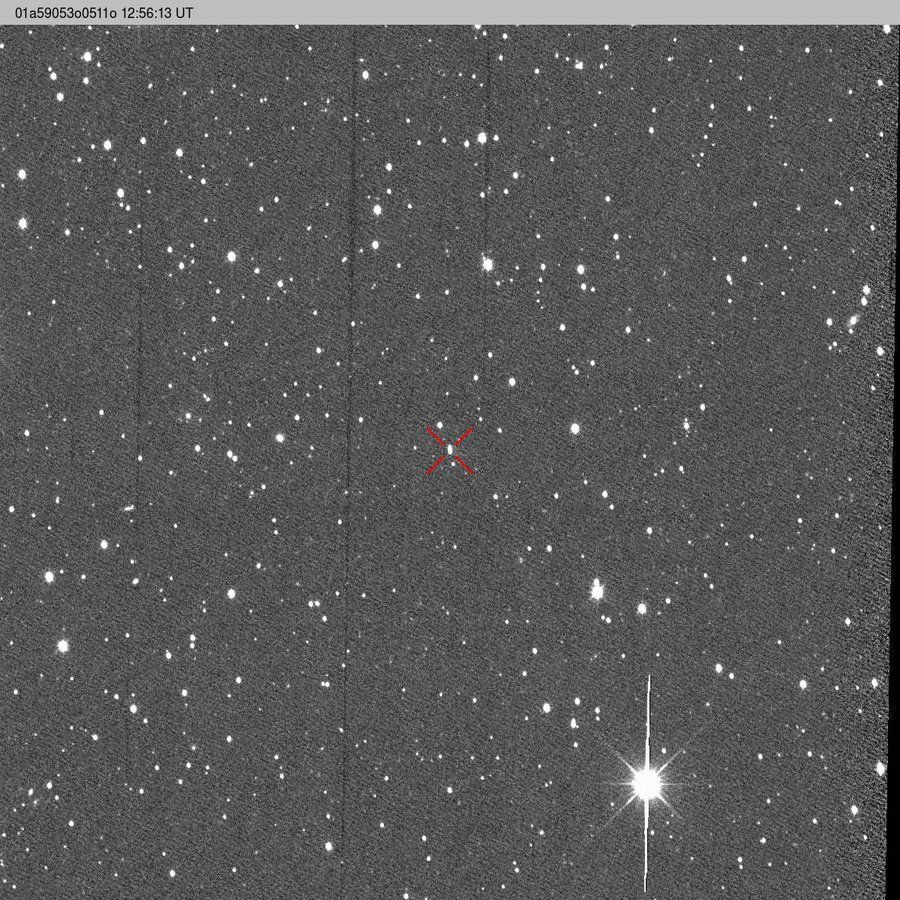An observatory affiliated with NASA’s quest to identify potentially dangerous asteroids spotted something equally speedy but not quite as natural: a spacecraft bound for Mars.


This article is the first in a series of installments examining the potential of different energy initiatives and types.
If you’re reading this article, chances are, you’re living in a first-world country. You probably have access to modern technology, whether it be your cell phone, laptop, or even central heating system.

Storage is just as important aboard the International Space Station as it is on Earth. While the space station is about the size of a football field, the living space inside is much smaller than that. Just as you wouldn’t store garden tools in a house when you could store them in a shed outside, astronauts now have a “housing unit” in which they can store tools for use on the exterior of the space station.
On Dec. 5, 2019, a protective storage unit for robotic tools called Robotic Tool Stowage (RiTS) was among the items launched to station as part of SpaceX’s 19th commercial resupply services mission for NASA. As part of a spacewalk on July 21, NASA astronauts Robert Behnken and Chris Cassidy installed the “robot hotel” where the tools are stored to the station’s Mobile Base System (MBS), where it will remain a permanent fixture. The MBS is a moveable platform that provides power to the external robots. This special location allows RiTS to traverse around the station alongside a robot that will use the tools it stores.

Dogs with a few days of training are capable of identifying people infected with the coronavirus, according to a study by a German veterinary university.
Eight dogs from Germany’s armed forces were trained for only a week and were able to accurately identify the virus with a 94% success rate, according to a pilot project led by the University of Veterinary Medicine Hannover. Researchers challenged the dogs to sniff out Covid-19 in the saliva of more than 1,000 healthy and infected people.

When our neurons—the principle cells of the brain—die, so do we.
Most neurons are created during embryonic development and have no “backup” after birth. Researchers have generally believed that their survival is determined nearly extrinsically, or by outside forces, such as the tissues and cells that neurons supply with nerve cells.
A research team led by Sika Zheng, a biomedical scientist at the University of California, Riverside, has challenged this notion and reports the continuous survival of neurons is also intrinsically programmed during development.

Proteins are essential to the life of cells, carrying out complex tasks and catalyzing chemical reactions. Scientists and engineers have long sought to harness this power by designing artificial proteins that can perform new tasks, like treat disease, capture carbon, or harvest energy, but many of the processes designed to create such proteins are slow and complex, with a high failure rate.
In a breakthrough that could have implications across the healthcare, agriculture, and energy sectors, a team lead by researchers in the Pritzker School of Molecular Engineering (PME) at the University of Chicago has developed an artificial intelligence-led process that uses big data to design new proteins.
By developing machine-learning models that can review protein information culled from genome databases, the researchers found relatively simple design rules for building artificial proteins. When the team constructed these artificial proteins in the lab, they found that they performed chemistries so well that they rivaled those found in nature.
The top works—and our favorites—range from interactive pieces to a pen-and-paper drawing.

BOISE, Idaho (AP) — The U.S. wants to build nuclear power plants that will work on the moon and Mars, and on Friday put out a request for ideas from the private sector on how to do that.
The U.S. Department of Energy put out the formal request to build what it calls a fission surface power system that could allow humans to live for long periods in harsh space environments.
The Idaho National Laboratory, a nuclear research facility in eastern Idaho, the Energy Department and NASA will evaluate the ideas for developing the reactor.

US officials and scientists have begun laying the groundwork for a more secure “virtually unhackable” internet based on quantum computing technology.
At a presentation Thursday, Department of Energy (DOE) officials issued a report that lays out a blueprint strategy for the development of a national quantum internet, using laws of quantum mechanics to transmit information more securely than on existing networks.
The agency is working with universities and industry researchers on the engineering for the initiative with the aim of creating a prototype within a decade.